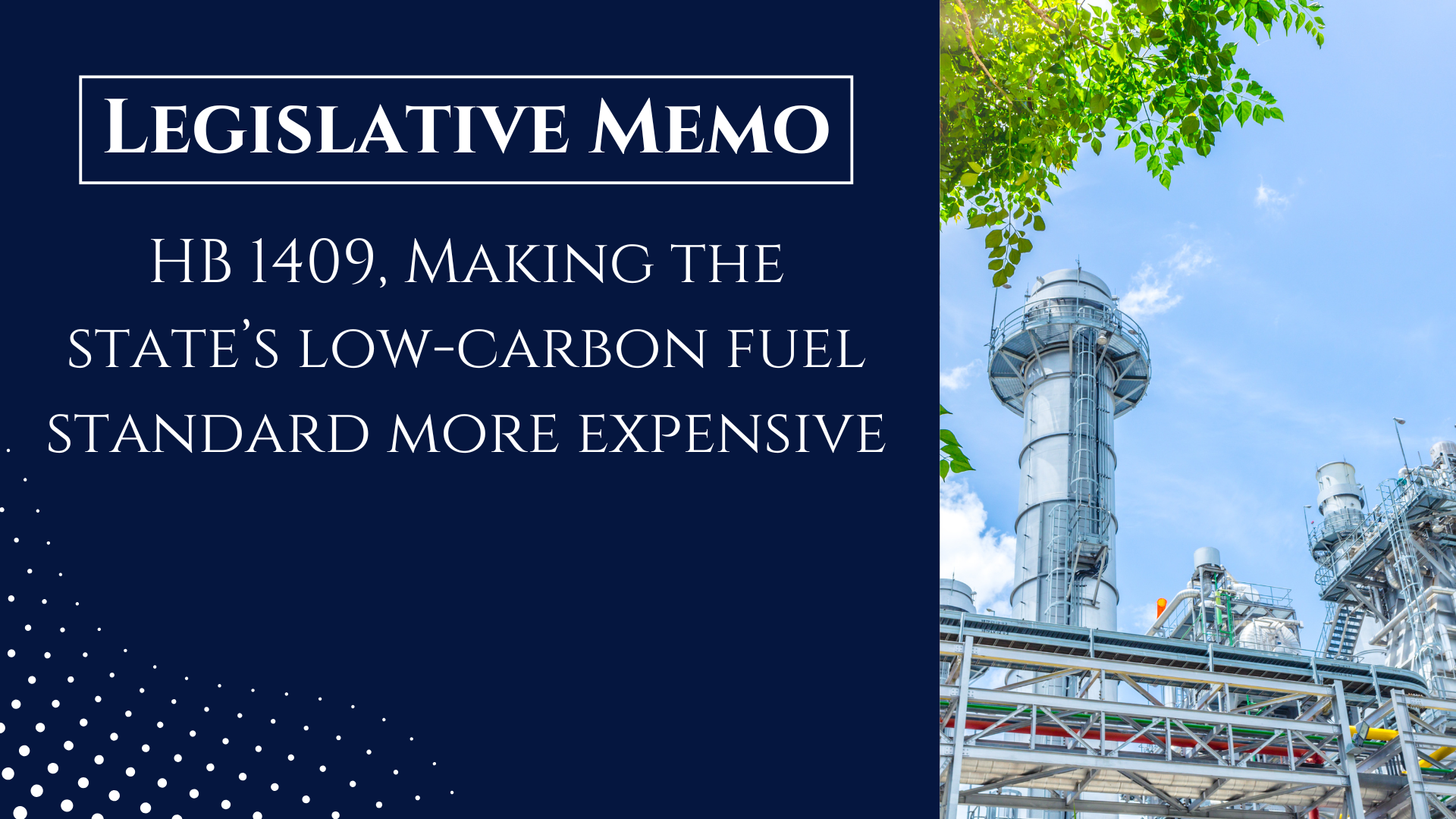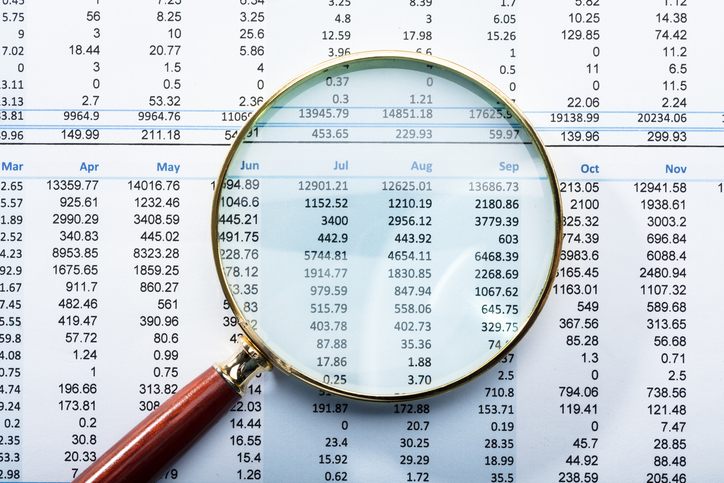Key Findings
- Washington’s low-carbon fuel standard has only been in effect for two years but legislators already admit it is not working as intended.
- The proposed legislation would remove promises that the LCFS would not become more strict until certain in-state crop and biofuel production targets are met.
- The bill would accelerate the reductions in carbon-intensity of fuel to increase the cost to drivers and increase revenue to government and credit producers like BP oil.
- Even with increased cost, the LCFS would do nothing to reduce statewide CO2 emissions but would simply require reductions occur in a way that benefits particular political allies.
- Rather than make the LCFS more expensive for Washington residents, the wasteful LCFS should be eliminated.
Introduction
Just four years ago, the legislature adopted HB 1091 to impose a low-carbon fuel standard (LCFS) in Washington state. At the time, the bill included several caveats designed to earn political support for the law, including a promise that the law would not take effect until passage of a gas tax to fund transportation. It also included requirements that the LCFS use feedstocks grown in Washington and that a biofuel refinery be built in the state as part of the promise the law would create jobs in the state.
In 2022, the legislature removed the first requirement, allowing the LCFS to take effect in 2023 even without additional transportation funding. Now a new proposal, HB 1409, would remove the other two promises and tighten the goals with the express purpose of increasing the cost for Washington residents.\
The reason given by bill supporters is that so much has changed in just the last two years that the bill is now out of date. Bill sponsor Rep. Joe Fitzgibbon, who was also the sponsor of the original LCFS legislation, told legislators at the hearing, “We adopted it in 2021 and with the benefit of hindsight it is now time for us to look at how the program can be improved.” Leah Missik of Climate Solutions, who also supported the original bill, said, “The landscape has changed,” and the legislation “could stand an update.” Finally, Joe Creswell of the Department of Ecology told legislators, “Fuel technologies have changed faster than the legislature anticipated.”
The fact that bill supporters were so wrong about the impact of the LCFS is just two years after it began implementation, should call into question their ability to make the program work effectively. Yet, the people who now admit they were wrong argue that this time the legislation will work as planned.
If legislators adopt HB 1409, the original promises will all have been broken. The legislation will turn the LCFS into little more than a new tax on fuel with the express purpose of increasing the cost to consumers, sending those dollars to companies like oil giant BP and government.
The best approach would be to recognize that further arbitrary tinkering is unlikely to make the problems better as it increases costs to Washington residents. Rather than making the LCFS more restrictive and expensive, it should be eliminated altogether.
READ THE FULL LEGISLATIVE MEMO HERE





